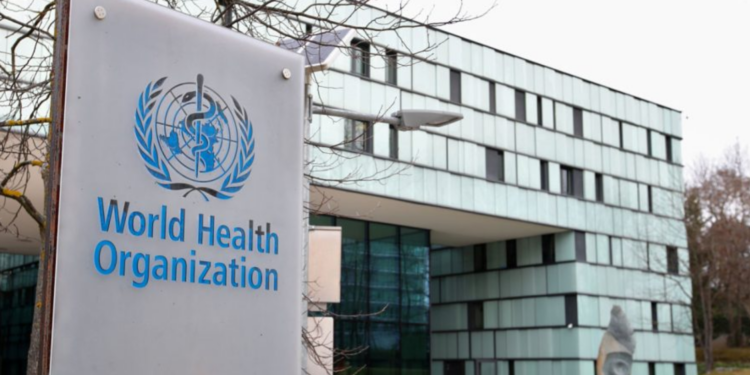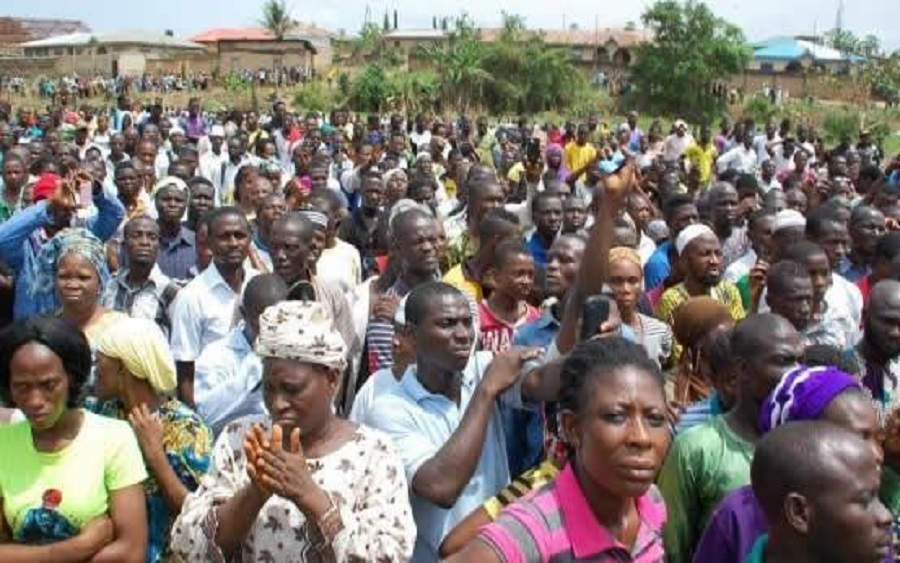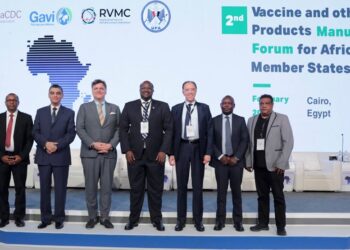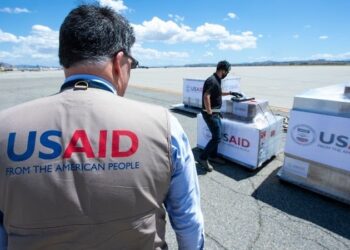The World Health Organization (WHO) has reported that the recent suspension of U.S. foreign aid has disrupted critical health programs in 50 countries.
WHO Director-General Tedros Adhanom Ghebreyesus warned on Wednesday that the U.S. pause on foreign aid contributions is having a serious impact on global health, particularly on programs fighting polio, HIV, and other health threats.
Speaking at a virtual press conference from Geneva, Tedros urged the U.S. government to reconsider its decision and resume aid funding until alternative solutions can be found.
“There are actions that the U.S. government is taking… which we’re concerned are having a serious impact on global health,” he said.
Impact on HIV, Polio, and other health programs
Efforts to tackle HIV, polio, mpox, and avian flu have been severely impacted by the U.S. foreign aid pause implemented by President Trump last month, shortly after taking office, while the programs undergo review.
- Ghebreyesus specifically highlighted the suspension of the President’s Emergency Plan for AIDS Relief (PEPFAR), which has led to an immediate halt in HIV treatment, testing, and prevention services across the 50 countries it supports.
“Clinics are shuttered, and health workers have been put on leave,” Tedros said, emphasizing that a reprieve for life-saving services has not prevented the disruption.
- Experts in global health have warned that the aid cuts could lead to the spread of diseases, as well as delays in vaccine development and new treatments.
Global health experts sound alarm
Trump’s funding suspension and the disengagement of U.S. institutions are affecting global health efforts, including the eradication of polio and the response to mpox.
- Ghebreyesus noted that in Myanmar alone, nearly 60,000 people have been left without access to life-saving services.
“We ask the U.S. to consider continuing its funding at least until solutions can be found,” Tedros urged.
- Beyond the aid freeze, Trump also moved to withdraw the United States from the WHO on his first day in office, further straining global health collaboration, particularly in fighting outbreaks and monitoring influenza.
Reduced international cooperation and reporting
The WHO has limited information about the spread of avian influenza among dairy cattle in the U.S. or human cases. However, other WHO officials later clarified that the U.S. was still meeting its obligations to report cases under international health regulations.
Trump has argued that USAID is “incompetent and corrupt.” He recently announced massive cuts to the agency’s 10,000-strong workforce and an immediate suspension of almost all aid programs.
- USAID spends around $40 billion (£32bn) annually—about 0.6% of total U.S. government spending—primarily on health and humanitarian programs, with most of the funds allocated to Asia, sub-Saharan Africa, and Ukraine.
- Under the Biden administration, the U.S. was the largest contributor to the WHO, providing nearly one-fifth of its budget in 2023.
Tedros warned that Trump’s decision is now disrupting international cooperation on global health threats and reducing U.S. reporting on bird flu cases in humans.
WHO implements emergency measures
To address critical shortages, the WHO has implemented emergency measures similar to those used during the COVID-19 pandemic. This includes efforts to fill gaps in life-saving antiretroviral medications for HIV treatment.
Meg Doherty, director of the WHO’s global HIV, hepatitis, and sexually transmitted infection (STI) programs, noted that while the agency is coordinating medicine-sharing between countries, a more sustainable solution is needed.
“We have been seeking support from country to country for sharing, but this is a short-term approach,” she said



















